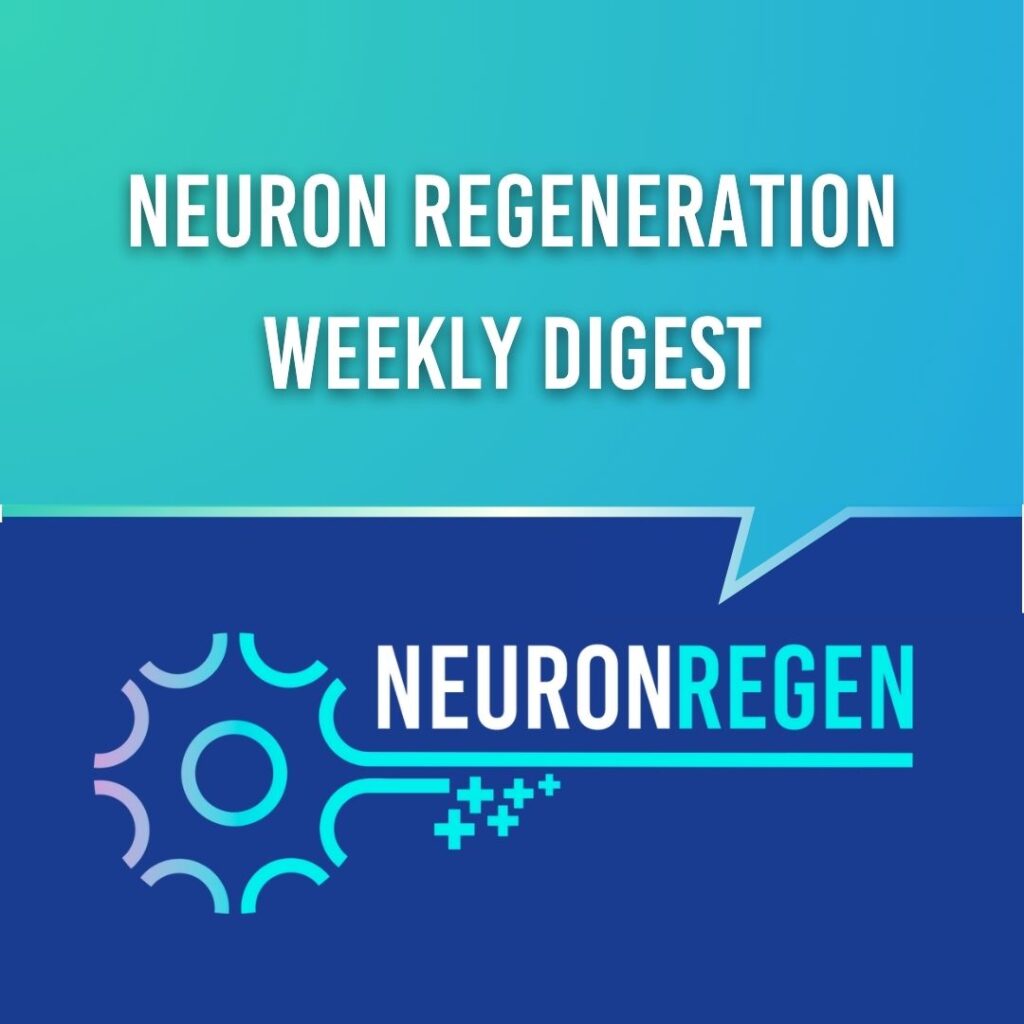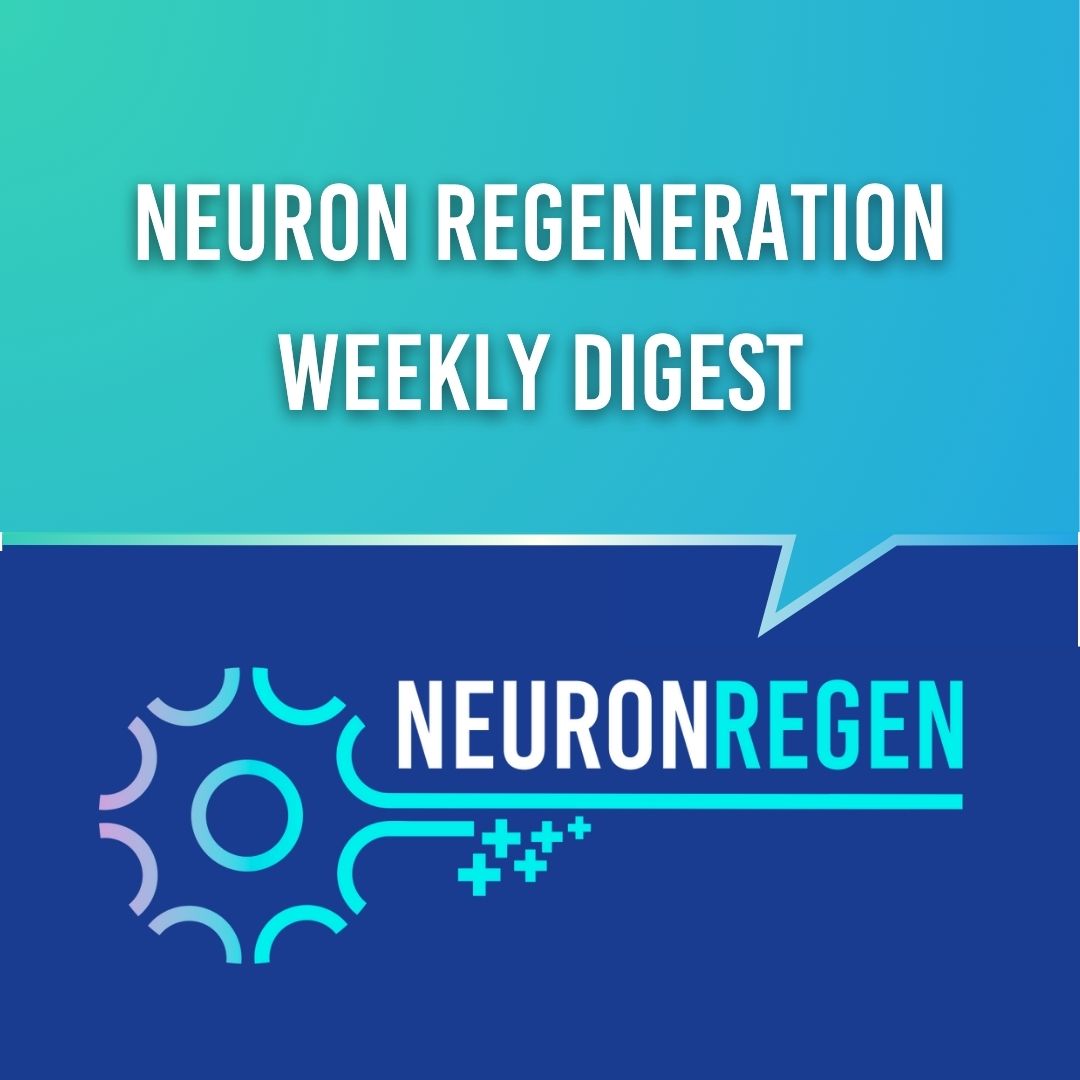Neurodegenerative diseases and central nervous system injuries present some of the most complex challenges in modern healthcare. Yet, amidst this complexity, researchers are uncovering promising new ways to support the brain and nervous system—by targeting the cellular mechanisms that drive degeneration, inflammation, and impaired regeneration.
In this week’s roundup, we explore three studies that shed light on innovative approaches to neural repair and disease management. From the therapeutic potential of traditional Chinese medicine in Parkinson’s disease, to gut-derived metabolites that may influence Alzheimer’s progression, and a plant-based compound that supports axonal regeneration after injury—these discoveries offer new avenues for preserving and restoring neural function.

1. Exploring the active ingredients and potential mechanisms of Pingchan granules in Parkinson’s disease treatment through network pharmacology and transcriptomics
New research explores how Pingchan Granules, a traditional Chinese medicine, may support Parkinson’s disease treatment. Using network pharmacology and transcriptomics, scientists identified key active compounds that target pathways involved in neuroprotection, inflammation, and dopamine regulation. The findings suggest that the compound dauricine, a major ingredient in Pingchan Granules, may help preserve dopamine-producing neurons by promoting glucose metabolism and reducing neuroinflammation—offering potential as a complementary therapy for Parkinson’s.
2. Bridging gap in the treatment of Alzheimer’s disease via postbiotics: Current practices and future prospects
Emerging research highlights the critical link between gut health and Alzheimer’s disease. Scientists are now exploring postbiotics—beneficial bacterial metabolites—as a promising tool to combat neuroinflammation, oxidative stress, and cognitive decline. This review delves into the potential of postbiotics to support brain health and examines their role in future Alzheimer’s treatment strategies.
3. Astragaloside IV promotes neuronal axon regeneration by inhibiting the PTEN/AKT pathway
New research highlights Astragaloside IV (AS-IV), a compound from traditional Chinese medicine, as a promising agent for nerve regeneration. By inhibiting the PTEN/AKT pathway, AS-IV enhances neuronal survival, reduces apoptosis, and promotes axon regrowth after ischemic injury. This study sheds light on its potential role in future neuroprotective therapies.
If you’d like to stay informed of the latest publications and breakthroughs in neuron regeneration, join our email newsletter to the right (or below on mobile). We send out weekly updates with the latest papers and studies, as well as podcast episodes with the people driving Neuroregenerative breakthroughs.

